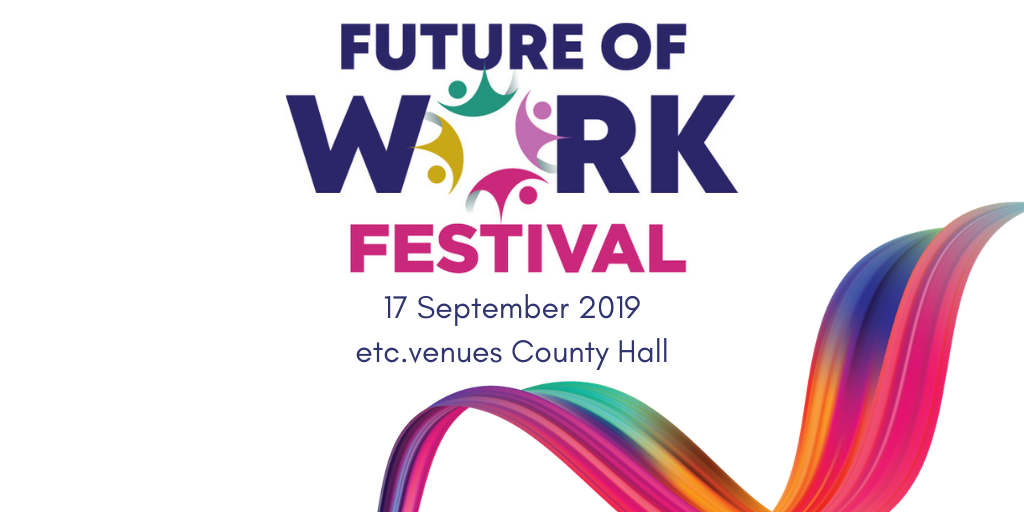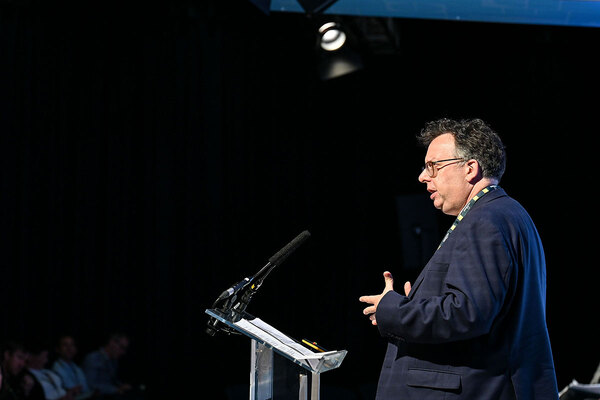You are viewing 1 of your 1 free articles
Embrace data to really understand your tenants
Traditional forms of tenant and landlord interaction remain low, despite efforts to push them. Data must therefore be the key to improving landlord services, argues Rebecca Rance
Social housing landlords’ services in the 21st century must have tenants’ interests and satisfaction front and centre. The person and the person’s voice must be first and foremost every time, all the time.
To provide a quality response, effective landlord services must be holistic in approach, with fit-for-purpose integral data and systems that are integrated with professional skills and expertise.
Providing landlords services is complex and has serious responsibilities that may not, prior to the Grenfell Tower tragedy, have been truly appreciated.
The make-up of people living in social housing increases and intensifies the responsibility of social landlords.
This is demonstrated by the English Housing Survey 2017 to 2018: social rented sector published by the Ministry of Housing, Communities and Local Government (MHCLG) last month.
The survey identified that 17% (four million) households in England live in the social rented sector.
Of these, 54% have one or more members of the household living with a long-term illness or disability, 22% are lone-parent families, and 72% of the households are in the two lowest-income quintiles.
It is incumbent on us as landlords to know our tenants and to have the staff and systems in place to ensure services to tenants are high quality, as well as to meet all compliance obligations.
Most of us would pride ourselves in saying that we are tenant focused and that we listen to them.
We therefore may be disappointed to see the results from the MHCLG’s report Public attitudes to social housing: findings from the British Social Attitudes Survey 2018, published last month.
It revealed that in the previous 12 months, only 7% of respondents had attended meetings with their landlord, 7% had filled in a questionnaire from their landlord, 5% had sent a letter to the landlord, 1% were part of a neighbourhood forum and only 1% were on a board or scrutiny panel.
Therefore, if we are listening and we rely on these processes alone, we may not be listening to many.
We may have a desire to respond to the survey’s results by providing details of the range of engagement activities we undertake. But notwithstanding our best efforts and intentions, the evidence speaks for itself.
The majority of tenants do not choose to engage on a day-to-day basis with the landlord, other than to request a service.
To focus on getting it right for tenants, we therefore need to embrace and understand that in our complex 21st century world, data and systems are core and integral to what we do.
“The majority of tenants do not choose to engage on a day-to-day basis with the landlord other than to request a service”
While we should always promote and engage the tenant voice in whatever form it manifests, be it a complaint or a panel, we should recognise that tenants do not all want to engage with their landlord to actively influence services and communities in that way and recognise that data and systems are crucial in providing customer insight.
Therefore, all interactions through service provision are a form of engagement.
Effective systems and data, which capture interactions and service provision, provide important customer insight that we need to use. This is, of course, if our systems and data are robust, effective and capable of the task.
Effective people, property and therefore customer and service databases are the foundation of tenant-centric services.
The Regulator of Social Housing published its Consumer Regulation Review 2018-19 last month. The report says: “Increasingly there is recognition that ensuring tenants’ homes are safe goes beyond complying with specific pieces of legislation.
“It is vital that registered providers understand their tenants and their tenants needs, as well as the stock that they are responsible for, and have clear and informed policies about what it takes to ensure that tenants are not exposed to risk for which the landlord has responsibility.”
Data and systems, including strong control and good record-keeping, are fundamental to our services, along with the skilled and trained staff to use and interpret them.
The assurance of quality and integrity of data underpins all aspects of service. If we are providing services to tenants in their homes through tenancy support and estate management, or building new properties or repairing existing ones, systems and data are central.
“Data and systems, including strong control and good record-keeping, are fundamental to our services, along with the skilled and trained staff to use and interpret them”
We should have all embraced, abetted and embedded this concept in our organisations because this ensures the tenant voice is at the forefront of everything we do and we are responding to it.
I suspect we may all still have some challenges to overcome in this area and truly embrace our tenants’ voice.
I consider the first step to be recognising the position of data and systems in our organisations.
All staff operating within our housing landlord services must integrate and entwine experience and skills with our data and systems, which will embed tenant influence in everything we do.
Sound data and systems, used effectively, tell us what we have done and what we are doing. And they allow us to plan and inform what we do.
Data and systems are the strongest mechanism for the tenant voice we have, so why not embrace and use them?
Rebecca Rance, chief executive, Newark and Sherwood Homes
Future of Work Festival
New for 2019, Inside Housing’s Future of Work Festival will bring together HR and organisational development professionals from the housing sector to discuss and explore the challenges of how to successfully evolve towards the working environment of the future.
Seize this opportunity to rethink your workforces and workplaces by reconsidering the roles of individuals, organisations, automation technology and how society will approach work.
Assess and benchmark your business strategy with the leaders in the housing sector:
- Defining the Future of Work: what does it look like, what will be the implications, how do you rethink your workforce strategy?
- How to embed Electronic Data Interchange into your workforce, attract the widest pool of talent, be authentic and innovative, keep your workforce happy and productive, and position your brand
- Identifying, assessing and closing the skill gaps: what skills will be required in the future and how do you prepare for the undefined?
- Appealing to and maintaining a multi-generational workforce: how to address differing career aspirations, expectations, behaviours and values
- How best to implement the best tech, for example, big data, artificial intelligence, automation, blockchain and the Internet of Things. How will this change workplace skills and wages? How do you evolve towards a ‘STEMpathetic’ workforce?
- Providing your HR and OD department with the right skills and toolkits to revise talent, organisational structures and business models. Be social and environmentally friendly, and data driven – investing in disruptive tech, skills training and ethical use of tech
- Promoting well-being and employee experience
- Introducing training and learning as part of the career path
- Embracing agile working – understanding how flexible and alternative working arrangements can boost productivity
The festival will take place on 17 September, at Westminster Bridge, County Hall in London.













